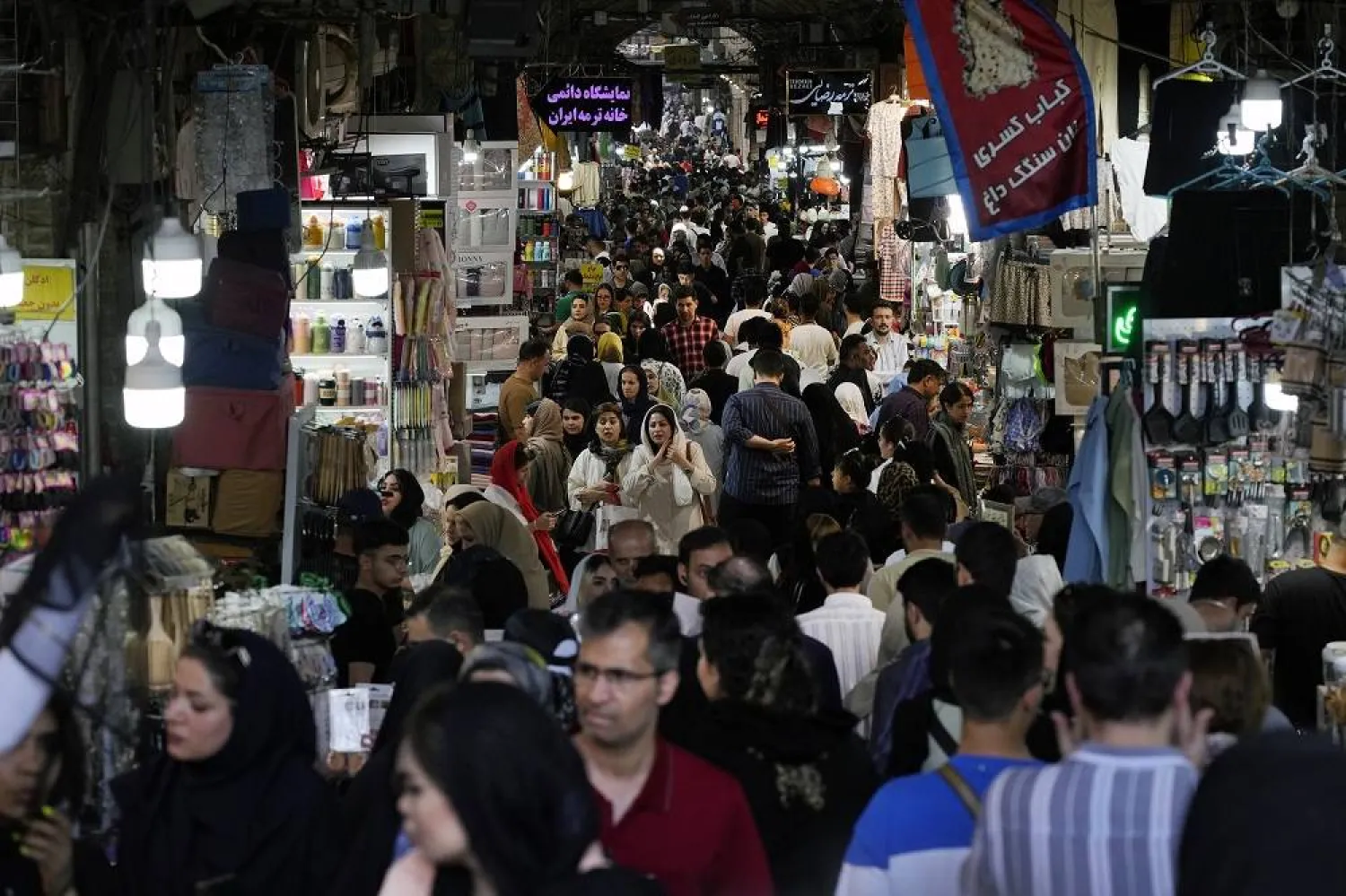Atousa joined angry protests against Iran's rulers in 2022 that loyalists like Reza helped crush. Two years on, the two young Iranians' political views remain at odds, reflecting a rift that will shape the outcome of presidential elections this week.
Now 22, Atousa says she will abstain from voting in Friday's ballot to choose a successor to Ebrahim Raisi after his death in a helicopter crash, regarding the exercise with derision. But Reza, 26, a religiously devout member of the hardline Basij militia, intends to vote, a contrasting view of the worth of the election that underscores the division in Iran.
All six candidates - five hardliners and a low-key moderate approved by a hardline watchdog body - have been wooing youthful voters in speeches and campaign messages, using social media to reach the 60% of the 85 million population aged under 30.
"This election, like all elections in Iran, is a circus. Why should I vote when I want the regime to be toppled?" Atousa told Reuters. She declined to be identified by her full name for security reasons.
"Even if it was a free and fair election and if all candidates could enter the race, the president in Iran has no power," she said.
The hashtag #ElectionCircus has been widely posted on social media platform X by Iranians in the past few weeks, while some Iranians at home and abroad have called for an election boycott.
Under Iran's clerical system, the elected president runs the government day-to-day but his powers are circumscribed by those of the hardline supreme leader Ali Khamenei, who has the last word on top issues such as nuclear and foreign policy.
'RELIGIOUS DUTY TO VOTE'
Like many women and young Iranians, Atousa joined protests in 2022 sparked by the death of a young Kurdish woman, Mahsa Amini, in police custody, following her arrest for allegedly violating Iran's mandatory religious dress code.
The unrest spiraled into the biggest show of opposition to Iran's clerical rulers in years.
Atousa, then a student, was arrested during the protests and her dream of becoming an architect was shattered when she was expelled from university as a punishment for participating in the demonstrations.
The Basij, a plain-clothes arm of the elite Revolutionary Guards, deployed alongside uniformed security during the 2022 unrest and helped suppress demonstrations with deadly force.
Over 500 people including 71 minors were killed in the protests, hundreds injured and thousands arrested in unrest that was eventually crushed by security forces, rights groups said.
Iran carried out seven executions linked to the unrest. Authorities have not given any official estimated death toll, but said dozens of security forces were killed in "riots".
"I will sacrifice my life for the leader and the Islamic Republic. It is my religious duty to vote. My participation will strengthen the Nezam (system)," said Reza, from the low-income Nazi Abad district in south Tehran.
Reza said he will support a hardline candidate who champions Khamenei's "resistance economy", a phrase meaning economic self-sufficiency, strengthening trade ties with regional neighbors and improving economic interaction with China and Russia.
The economy is beset by mismanagement, state corruption and sanctions reimposed since 2018 after the US ditched Tehran's 2015 nuclear pact with six world powers.
Reza and Atousa, both born after the 1979 revolution, have regrets about the 2022 demonstrations, albeit for different reasons.
Reza blames the protests for bringing mounting pressure on Iran from Western countries, which imposed sanctions on Iranian security forces and officials for alleged human rights abuses. Iran accused Western powers of fomenting the unrest.
"I wish the protests had not taken place ... our enemies used it as a pretext to mount pressure on our country," he said.
Atousa looks back on that period with sadness.
"I was hopeful," she said. "I thought finally the change will come and I will be able to live a life with no suppression in a free country ... I paid a heavy price, but the regime is still here."









